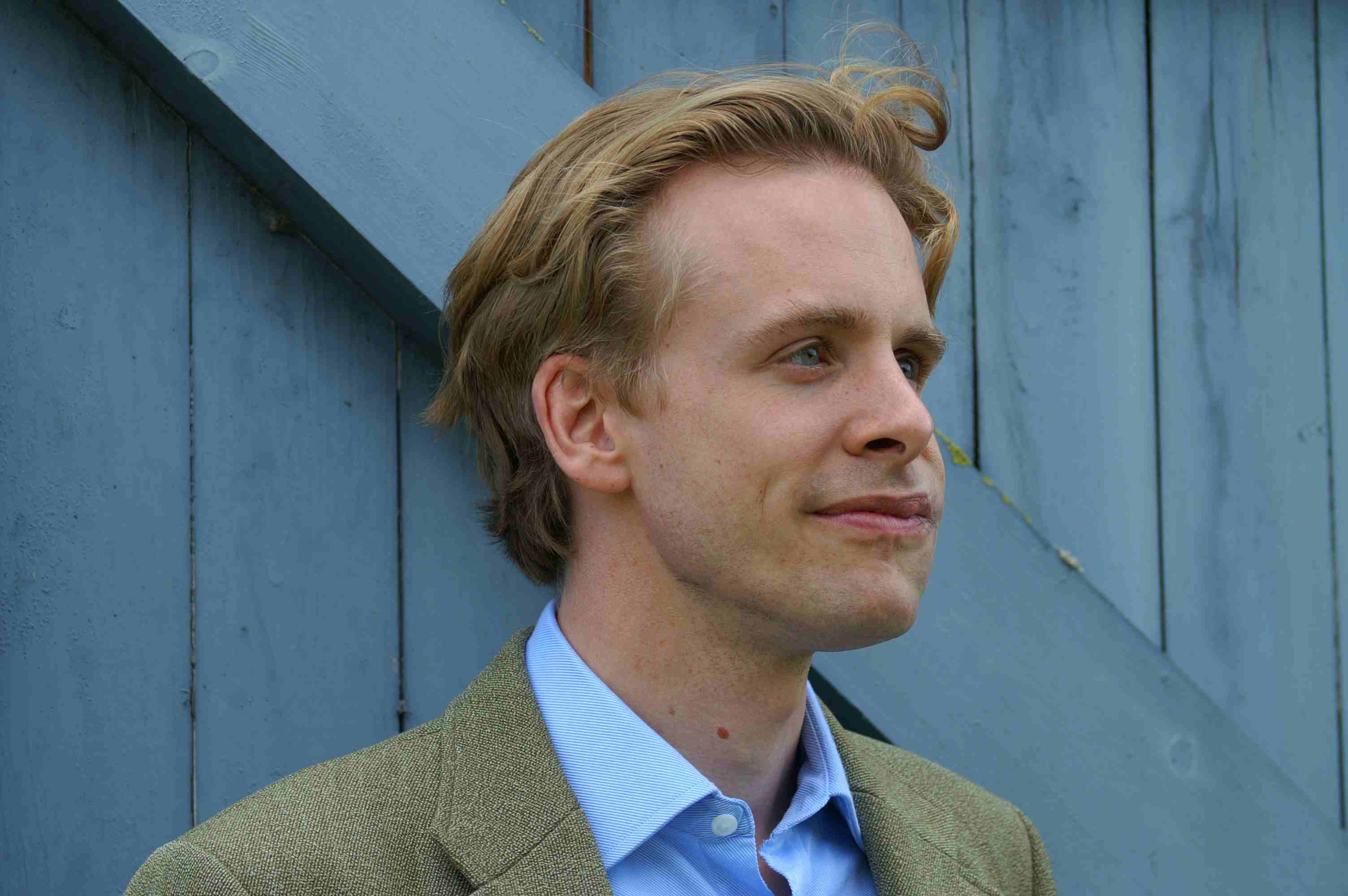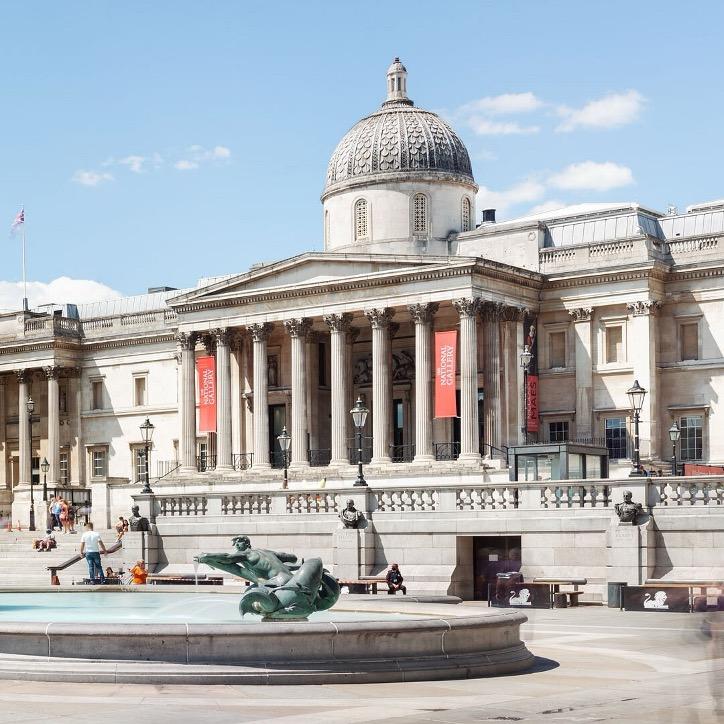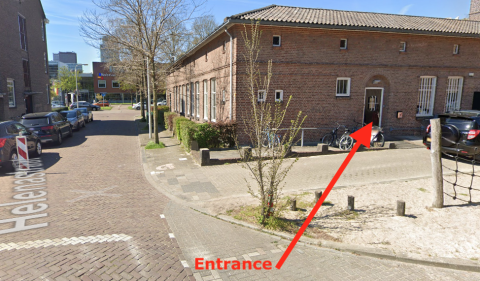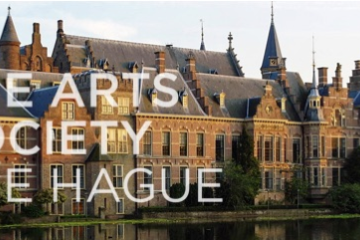This lecture will be live in the Atrium. For those unable to attend, a Zoom will be available.
The Gulbenkian Collection
by Jonathan Conlin
Dear Members and Guests,
We invite you to join us for the 5th lecture of the season given by Jonathan Conlin on ‘The Gulbenkian Collection’ in the Atrium on Tuesday 10th February 2026 at 20.00 hours.
In 2024-2025 the bicentenary of London's National Gallery, 'NG200' was celebrated by a two-year, nation-wide programme of exhibitions, films, and a new official history. The author of that history, Jonathan Conlin, will be joining us to tell the story of the gallery in ten paintings:
- Why did we buy this painting at that time?
- How has our taste in masterpieces changed, along with the ways we display them?
This will be a live lecture with the lecturer physically present in the Atrium. We are hoping that members and Guests will take the opportunity to come to the Atrium.
For those unable to be present at the Atrium, this lecture will also be streamed via a Zoom to those who registered.
You are requested to sign up for the lecture beforehand, also if you are coming to join us in person at the Atrium, by clicking on the sentence at the 'How to book' section.
How to book this event:
Registration will open on +/- 25 JAN 26 and close at midnight 08 FEB 26.
Please click on this sentence to register for Atrium attendance or Zoom.
THE ARTS SOCIETY ACCREDITED LECTURER

Dr Jonathan Conlin
Dr Jonathan Conlin is a cultural historian of modern Britain and Professor of Modern History at the University of Southampton. His books include Tales of Two Cities (2014), a comparative history of Paris and London, and biographies of Adam Smith and the Anglo-Armenian oil baron Calouste Gulbenkian. Born in New York, he studied History and Modern Languages at Oxford, subsequently moving to the Courtauld Institute and Cambridge for his MA and PhD. In 2023 he was commissioned by the National Gallery to write its bicentenary history. All his talks draw on his own archival research, allowing him to give audiences insights into how historians approach different kinds of evidence, the gaps and dead-ends as well as the surprise discoveries.
OTHER EVENTS
A Guided Tour in English at the Museum, dam.




